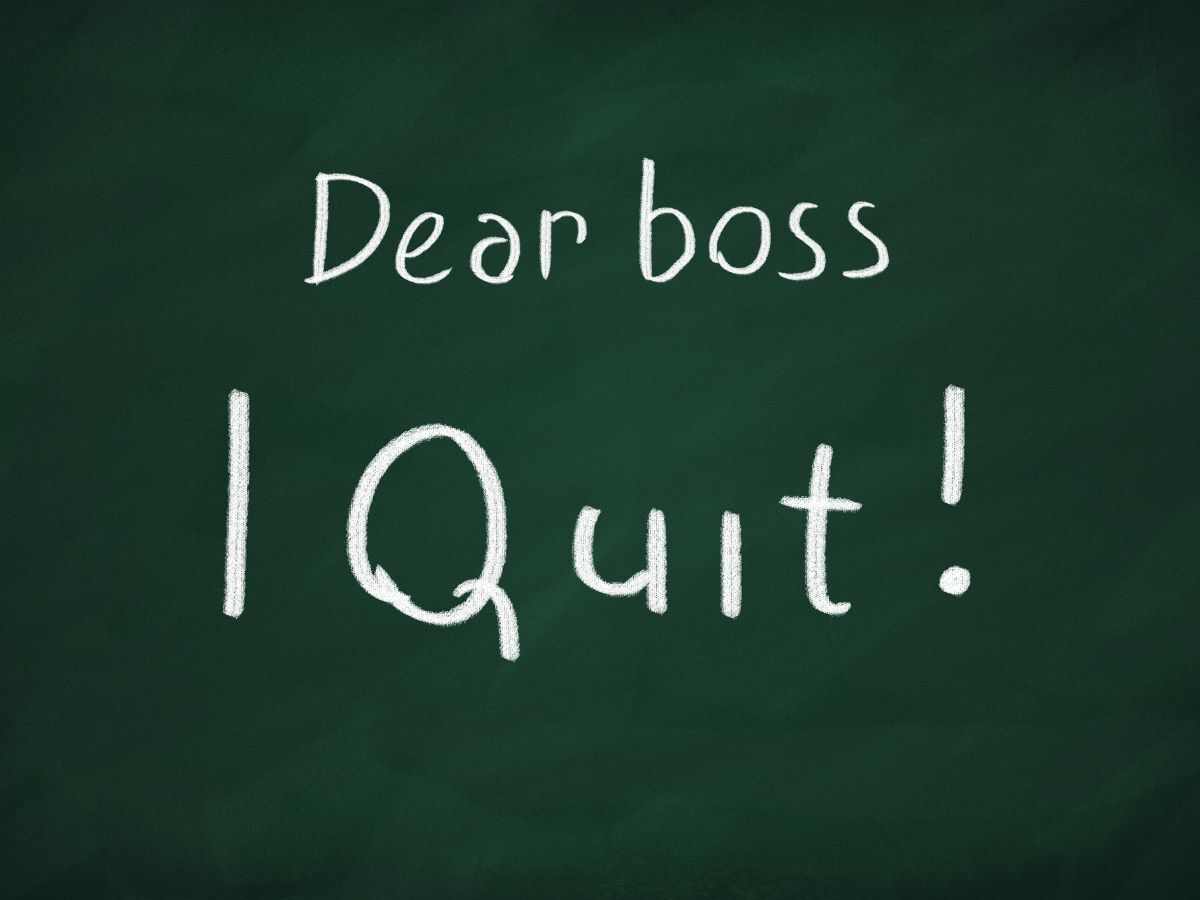The Hidden Cost of Quick-Quitting to Employers
The Hidden Cost of Quick Quitting to Employers: How to avoid it
Quick quitting is a relatively recent trend that is taking place in the workforce. It is the act of leaving a job immediately after you feel it is not going to work for you. In the past, employees give the employer the benefit of the doubt, and they stay with a new employer for 2-3 years.
However, times have changed, and people are much more likely to quit their job after just 6-12 months. In this blog, I will explore why quick quitting is bad for your business and how to avoid it.
What Is Quick Quitting in the workplace?
In recent years there has been an uptick in the number of young adults who are "quick-quitting" their jobs. This term is used to describe quitting a job in a short period, often within the first few months.
There are several factors that can contribute to quick quitting, but it's most commonly seen in Millennials and Gen Zers. One of the biggest reasons for this is that these generations have grown up with much more access to information and opportunities.
As a result, they're more likely to feel like they can find a better fit elsewhere if they're not happy with their current situation.
The Hidden Costs of Quick Quitting to Employers
The high cost of employee turnover is well known to employers, but there are hidden costs as well that can be just as damaging to a company. Losing institutional knowledge is one of the most difficult challenges for employers when an employee leaves. It can take years for a new employee to learn the ropes and become as productive as the person they replaced. In the meantime, morale suffers as other employees have to pick up the slack.
The hidden costs of turnover are often underestimated by employers, but they can have a significant impact on the bottom line. In addition to the direct costs of recruiting, hiring, and training new employees, indirect costs can be just as costly.
The loss of institutional knowledge and productivity, along with the negative impact on morale, can quickly add up and become a drag on profitability.

How To Avoid Quick Quitting in the Workplace
The best way to avoid quick quitting is to have a thorough onboarding process for new employees. You'll want to create a positive working culture. This means that your employees feel appreciated and engaged from the very beginning. You can accomplish this by creating a culture of engagement. This includes things like the following:
- Create a good work-life balance
- Provide ample opportunities for growth and development,
- Foster a positive environment
- Provide them with a mentor within your company
- Let them know they matter and they belong
- Build a strong sense of community.
- Offer training courses and develop individual career paths. If you do all of this, you're sure to avoid quick quitting in the workplace
- Incorporate a Corporate Wellness Program
While there are hidden costs to employers when employees quit quickly, these costs can be avoided by focusing on creating a strong onboarding process. By taking the time to invest in new employees and helping them to acclimate to their new roles, employers can decrease the likelihood of quick turnover.
Feel free to contact us if you would like to learn more about our Corporate Wellness Program.
Denise Leslie
About
Founder & CEO of Medical & Sports Massage
Certified yoga instructor | Dynamic speaker
Denise Leslie is the founder and CEO of Medical Sports & Massage. In 2010 the vision to create a space for facilitating wellness through massage therapy was born. By 2012, that vision was brought to life as Denise found the strength within to open Medical & Sports Massage in the Atlanta community.
In addition to a thriving business, in 2018, Denise partnered with East Georgia Cancer Coalition to offer oncology massage, what has become known as Hands to Heal. Along with her team of therapists, this not-for-profit program uses lymphatic drainage to helpthe body withstand cancer treatment and massage therapy to alleviate the triangle of stress in the mind, body, and spirit. Together, these treatments facilitate underinsured, uninsured, or financially constrained patients and survivors in the fight for their lives.
Denise pours her heart and soul into clinical massage. and often write about sport related topics. Denise hosts several events throughout
the year to support other small businesses and maintains. Denise offer corporate wellness programs for companlies that seeking to improve productivity and overall wellness of their employees.
Our Recent Posts








